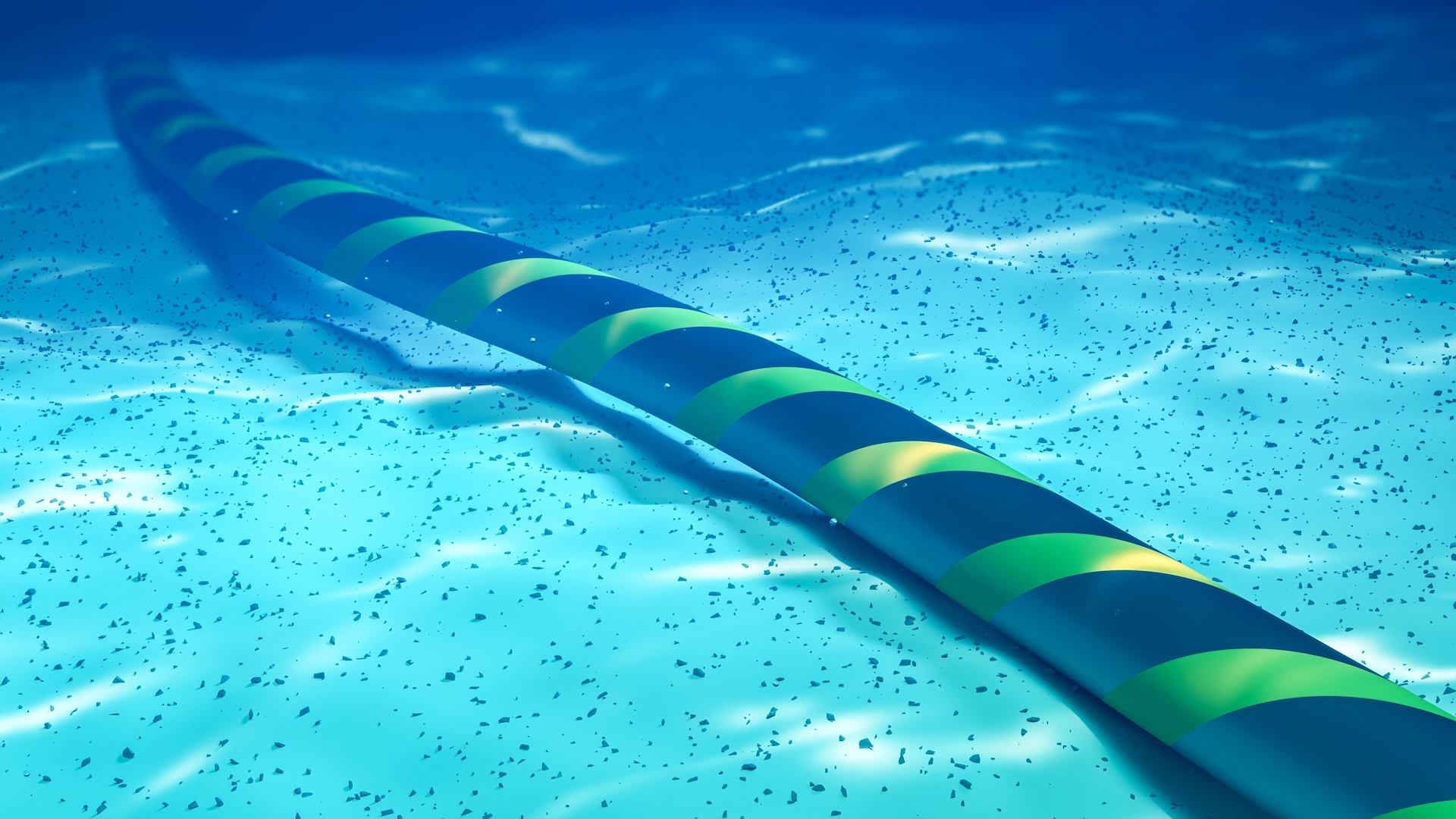The FCC announced yesterday that it plans to vote on new rules “to unleash submarine cable investment to accelerate the buildout of AI infrastructure, while securing cables against foreign adversaries, like China,” as part of its efforts to follow the America First Investment Policy Memorandum that President Donald Trumpissuedin February.
“Submarine cables are the unsung heroes of global communications, carrying 99% of all Internet traffic," FCC chairman Brendan Carrsaidin a statement. “As the U.S. builds out the data centers and other infrastructure necessary to lead the world in AI and next-gen technologies, these cables are more important than ever.”

Carr’s proposal takes a two-pronged approach: one incentivizes “the use of American submarine cable repair and maintenance ships and the use of trusted technology abroad,” including a proposal to “presumptively entirely exempt from Team Telecom review license applications that meet a high-levelsecuritystandard.”
The other disincentivizes the use of Chinese technology in global infrastructure by imposing additional restrictions on its use in any undersea cables that connect to the U.S.

“We have seen submarine cable infrastructure threatened in recent years by foreign adversaries, like China,” Carr said in his statement.
Perhaps the most prominent example arrived in November 2024 whentwo undersea cablesthat connected Finland and Sweden to the rest of Europe were cut; December 2024 reports suggested thatunderwater footagesupported claims this was a deliberate act of sabotage conducted by a Chinese bulk carrier that dragged its anchor across the cables.
There are also concerns that China might abuse the use of its technologies in these undersea cables to conduct mass spying.Reuterspublisheda special reportin 2023 about the U.S. and China’s mutual distrust over the other’s involvement with this critical infrastructure. “Spy agencies can readily tap into cables landing on their territory,” the report said, with one expert telling the outlet that “undersea cables were ‘a surveillance gold mine’ for the world’s intelligence agencies.”
Get Tom’s Hardware’s best news and in-depth reviews, straight to your inbox.
So what does Carr want to do about that? The FCC said that Carr’s proposal would see it “adopt a range of measures to protect submarine cables against foreign adversaries—apply a presumption of denial for certain foreign adversary-controlled license applicants, limiting capacity leasing agreements to such entities, prohibiting the use of ‘covered’ equipment, establishing cybersecurity and physical security requirements, and more—all while streamlining the Commission’s license review procedures.”
This wouldn’t be the first time the U.S. looked to ban Chinese tech from communications infrastructure. Equipment made by Huawei and ZTEwas bannedfrom use in American telecommunications in 2019, for example, although the Pentagon argued in 2024 that itwas effectively impossiblenot to use Huawei’s products in some capacity because it’s the largest telecoms provider in the world. Presumably, these restrictions would face similar obstacles if they’re accepted.
FollowTom’s Hardware on Google Newsto get our up-to-date news, analysis, and reviews in your feeds. Make sure to click the Follow button.
Nathaniel Mott is a freelance news and features writer for Tom’s Hardware US, covering breaking news, security, and the silliest aspects of the tech industry.